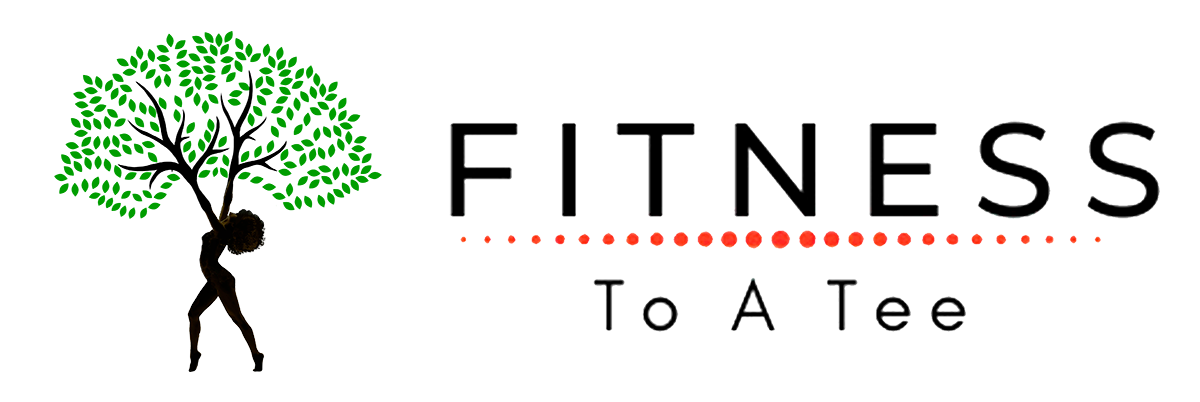Women in Addiction: Drugs + Alcohol
As I continue Women's Month this March om the Fitness To A Tee pages, this week I'm chatting about something which is real BUT which many women may be ashamed of or struggle to speak about - drug and alcohol addiction.
The UN Office on Drugs + Crime states that over 35 million globally suffer with drug disorders, with the most affected being women; youth; the underprivileged incl vulnerable + marginalised groups.
Alcohol is the leading risk for early deaths and disability for ages 15 - 49 years and makes up 10% of deaths in this age (World Health Organisation).
What is addiction?
Addiction can affect any woman, anywhere and of any age. Whether you're a student; career woman; unemployed; intelligent; perfectly put together on the outside or not (get my drift?) - it doesn't matter. Addiction doesn't have a type.
Alcoholism
Alcoholism is a DISEASE and has been classed as so by e.g. the World Health Organisation, so when you see those around you who struggle with it and make judgements - remember it's an illness. The active alcoholic usually has no choice anymore as to whether to drink due to the mental and physical needs help/treatment and support.
Definition of alcoholism/alcohol use disorder: uncontrolled drinking; preoccupation with alcohol and the inability to control drinking due to a physical and emotional dependence on alcohol.
2. Drug addiction
Drug addiction is also a disease that affects a person's brain; behavior + leads to an inability to control the use of a drug or medication.
Signs of addiction
How do you know if you have a problem or are addicted? Here are a few signs but you can also talk to centres which can help. I've also included this test on the AA website which you can use to see if you have a drinking problem.
Few signs (not an exhaustive list):
Inability to stop once you start drinking/taking drugs, even despite negative consequences. Coupled with a physical craving.
Obsess about drugs/alcohol, even when not having them.
Nutrition + Loss of nutrients in addiction
For women who are walking the path of sobriety or recovery from drug and alcohol addiction - along with all the other support and treatment you're getting, it's key to replenish the nutrients your body loses during active addiction.
If you're working alongside a GP, naturopath or other health professional - remember to check in with them first before changing any eating patterns. They can also help you assess if you need a medical detox program if you're in your first days of sobriety.
Nutrients which may be lost or effects on the body in addiction are e.g.
Vitamin A deficiency (Vit A helps with vision, growth, cell division, reproduction and immunity - ummm a whole LOT)
dehydration
liver, kidney, heart function can deteriorate- sometimes to a chronic stage.
Recovery ingredients: some examples
Dark leafy greens
Vegetables like spinach, kale, romaine lettuce and other salad greens give e.g. vitamin B6 which strengthens the immune system.
Wholemeal carbs
Wholemeal carbs e.g. sweet potato, pumpkin, brown rice, quinoa etc have fibre to help with digestion and boost energy.
Protein
Protein from animal AND plant sources are broken down into amino acids that your body uses to repair cells. Some plant sources are e.g. tofu, lentils, chickpeas etc.
Effect of addiction on the body and mind
Long term drug and alcohol use contributes to over 200 diseases and injuries, including:
severe nutrient deficiency
dehydration
lowered mobility and coordination
deterioration of immune and other systems in the body
mental health is affected and l
consequences are e.g. hallucinations; psychosis; anxiety; depression etc.
Exercise
For women in their recovery journey, it's key to use exercise/movement to help your body recover. Not only are these moves great for your physical wellness - they'll also help your mind.
These are some of the benefits of exercise for women in addiction:
improve mood
boost mobility and coordination
get to a healthy weight, whether you gained too much weight of lost too much during active addiction
reduce anxiety, stress and depression etc.
See this video here where I show you exercises and holistic health tips such as using essential oils and deep breathing for healing support.
Other examples of things to use alongside exercise are:
healthy eating + good hydration
support groups e.g. AA - Alcoholics Anonymous (worldwide)
rehab/treatment centres
family/friends/church support therapy etc.
Some suggestions for help
AA - Alcoholics Anonymous (worldwide)
Confide in a trusted family member/friend
NA - Narcotics Anonymous (worldwide)
Al-Anon (worldwide) - for support for loved ones of alcoholics as they go through a lot too including anger, guilt, confusion, hurt, financial consequences etc.
Family Drug Support - for loved ones of drug addicts. Addiction not only affects the addict - but has huge impacts for the people around him/her.
Another good place to reach out is Lifeline Australia including if you're having suicidal thoughts which can be common with alcohol/drug abuse.
I hope this has been helpful to you and please do pass on this information to family and friends. Let’s be aware and support each other. To get in touch with me for comments, feedback or any questions - click here now. Chat soon!


